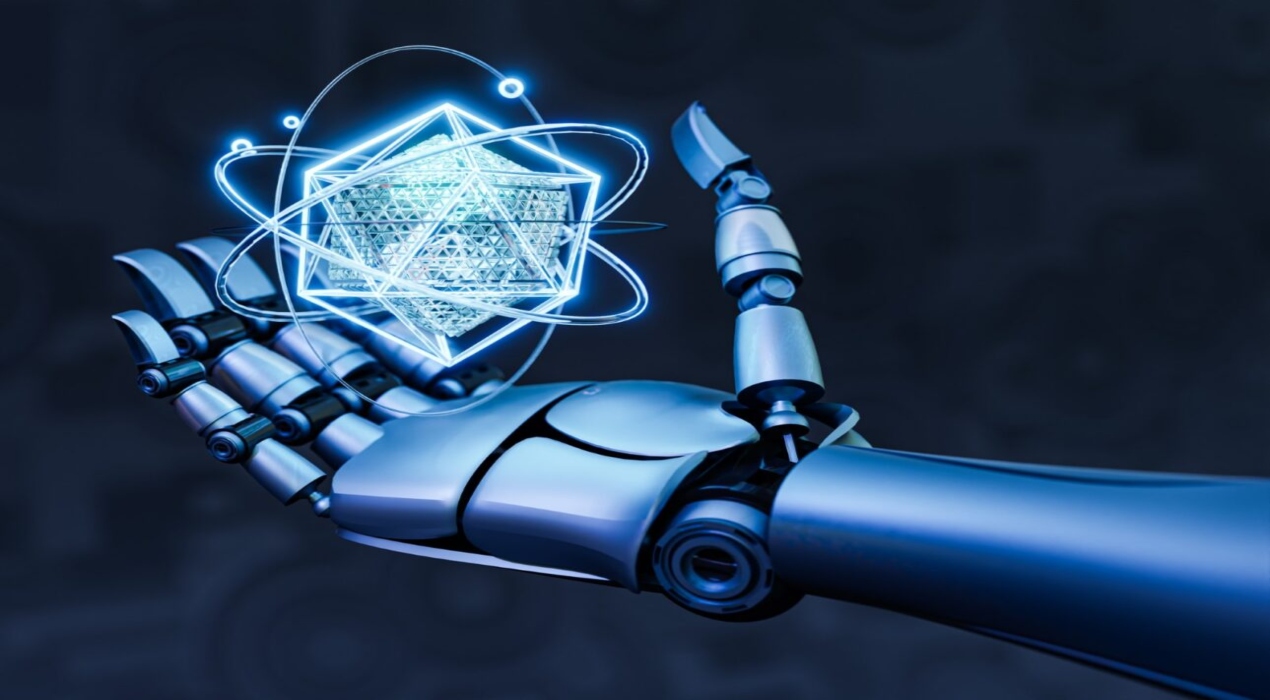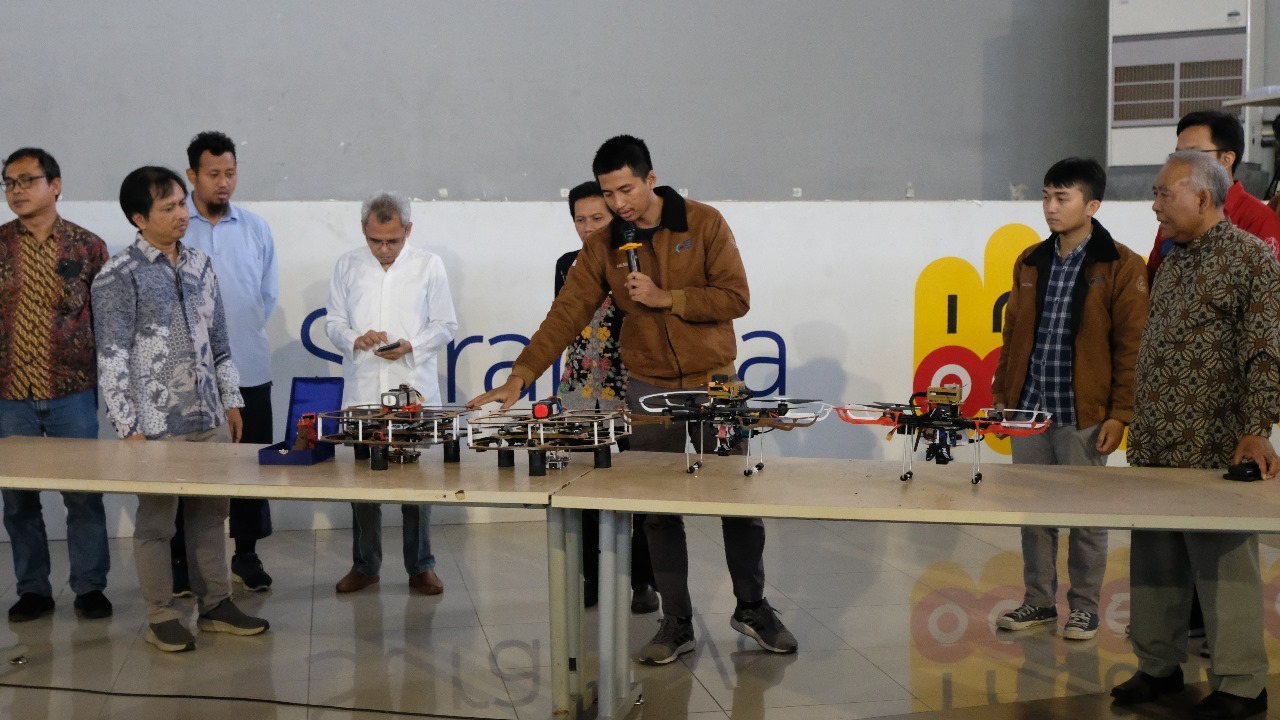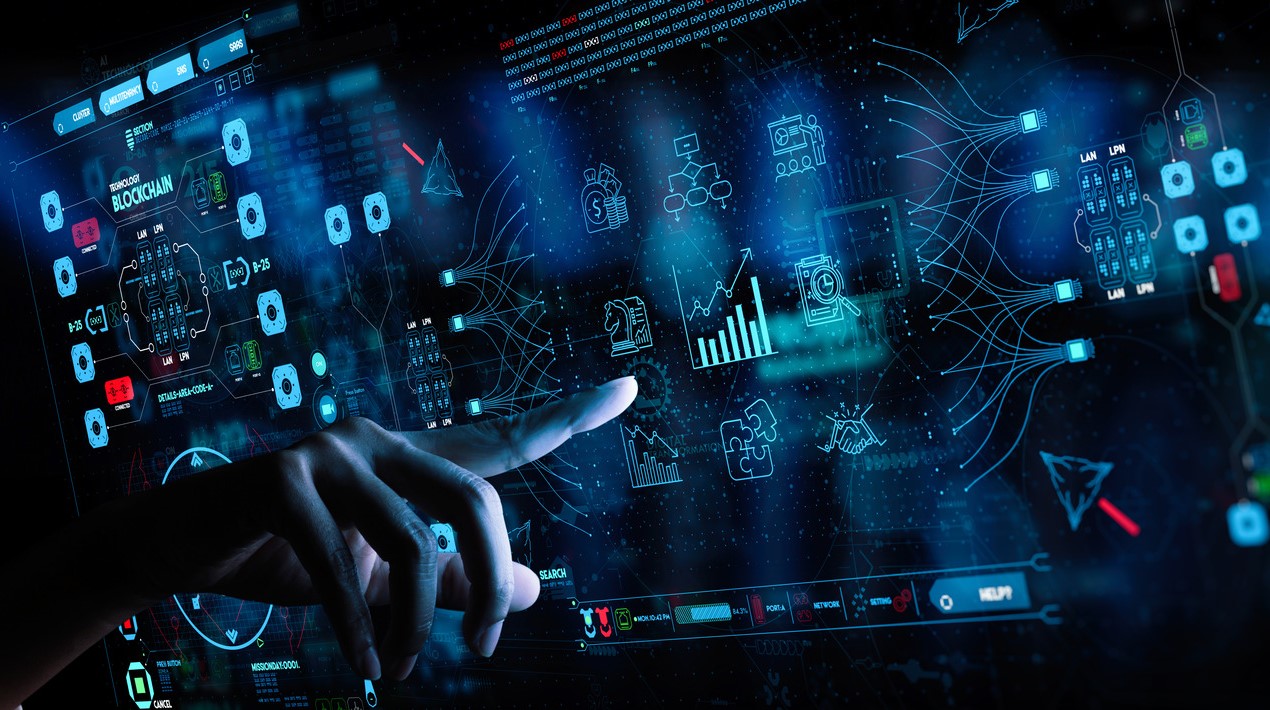
|
Getting your Trinity Audio player ready...
|
The digital era has ushered in transformative innovations, especially in robotics and autonomous systems. An evolution emphasises the importance of processing data and making decisions closer to the data source or point of action, eliminating reliance and introducing a faster, more secure, and more responsive localised autonomy.
 The Institut Teknologi Sepuluh Nopember (ITS) participation in the Singapore Machine Competition is a testament to this evolution. This occasion is a competition and a showcase of the forefront of digital technology integration in robotics, symbolising a significant leap for Indonesian engineering prowess on the international stage.
The Institut Teknologi Sepuluh Nopember (ITS) participation in the Singapore Machine Competition is a testament to this evolution. This occasion is a competition and a showcase of the forefront of digital technology integration in robotics, symbolising a significant leap for Indonesian engineering prowess on the international stage.
ITS, renowned for its engineering acumen, has taken a significant stride into the future of technology and robotics. This institution unveiled two pairs of advanced drones, each meticulously engineered: Semi-autonomous and Autonomous. This unveiling was a presentation of cutting-edge technology and a remark on ITS’s ambition and vision in the rapidly evolving robotics domain.
The semi-autonomous category features twin drones named Jati Sigma and Jati Theta, which are designed for remote control missions and showcase the blend of traditional control mechanisms with advanced technology. On the other hand, the Autonomous category introduces Soerongarep and Soeromburi, drones engineered to navigate and complete missions independently, utilising the NVIDIA Jetson Nano – a testament to the miniaturisation and power of current computing capabilities.
One of the team’s programmers, Achmad Iqbal Akbari, highlighted the innovative aspects of their creations. The drones in the Semi-autonomous category are operated with a wearable remote, allowing simultaneous control of both drones. This feature demonstrates an innovative leap in control technology and user interface design. The team has developed a path detection programme for autonomous drones that enables them to autonomously navigate their environment, illustrating the advancements in machine learning and computer vision.
The Bayucaraka ITS team’s preparations for the SAFMC, an event hosted by DSO National Laboratories and Science Centre Singapore in partnership with the Singapore Ministry of Defence, underscore the importance of international competitions in fostering innovation. The team’s rigorous preparation, based on evaluations from previous competitions and continuous system optimisation, reflects the iterative process of technological advancement.
The ITS team, comprising students from various engineering disciplines, represents a holistic approach to robotics, combining mechanical, electrical, and programming expertise. This multidisciplinary collaboration is crucial in the digital age, where complex systems require a broad spectrum of knowledge to design, build, and optimise.
As the Bayucaraka ITS team sets its sights on not just competing but excelling in Singapore by aiming for the Best International Team trophy and first place in the Autonomous category, their journey exemplifies the broader narrative of digital technology’s role in education and innovation. Beyond their immediate competition objectives, the drones serve as beacons of inspiration, encouraging students and the wider community to engage with technology and innovation actively.
Vice Rector I for Academic and Student Affairs, Prof Dr Ir Adi Soeprijanto, MT, was optimistic about this competition. He said this participation serves as a declaration of the evolving trajectory of engineering and technological innovation. “It highlights how digital technologies, such as machine learning, computer vision, and advanced computing platforms, reshape what’s possible in robotics and autonomous systems,” he explained. Furthermore, it showcases the critical role of education and competitive arenas in pushing the boundaries of these technologies, fostering an environment where theoretical knowledge meets practical application.
The ITS team’s endeavour at the SAFMC 2024 is a microcosm of the broader digital transformation occurring across the globe. It emphasises the importance of integrating digital technologies into education and the development of new solutions to complex problems. As the team looks forward to competing in Singapore, its journey from conception to competition embodies the digital transformation innovation in the robotic industry.
















